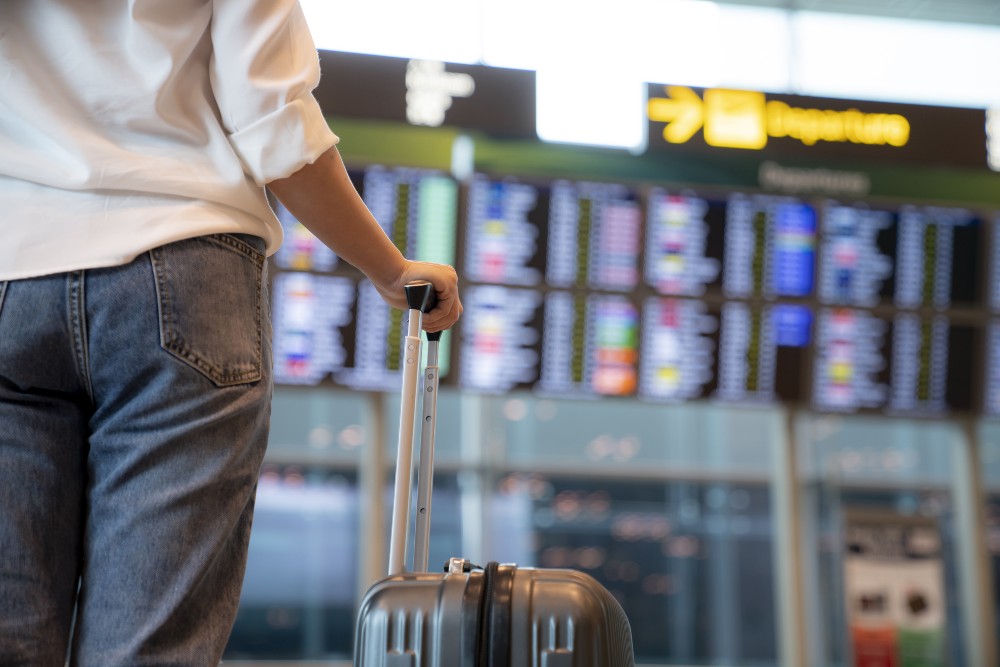
Challenges of global mobility – focus on Mauritius
Global mobility
Challenges of global mobility – focus on Mauritius
Thu 17 Jun 2021
Global mobility is a significant advantage in a world where all countries are connected by monetary flow, means of transports and digital communication.
A comprehensive global mobility strategy takes time, teamwork, and careful thought. The main challenges faced when designing a global mobility program are payroll, tax issues and laws, and compensation among others. It is crucial also for companies to have proper knowledge of relevant regulations in order to avoid possible fines and loss of credibility.
Immigrant and transient migrant workers in Mauritius
A foreign person employed in Mauritius, will be subject to the relevant applicable laws. If the person wants to reside in Mauritius he or she will have to apply for an occupational permit. The occupational permit is available to mainly three types of person, namely:
- Investor including investor for innovative start-ups;
- Professional; and
- Self-Employed.
In Mauritius, a non-citizen who has been a holder of an Occupation permit (“OP”) for at least 3 years immediately before 1 September 2020 and who has satisfied specified criteria, may on application, be granted the status of permanent resident for a period of 20 years. The period of OP for the investor and self-employed categories which is still valid as at 01 September 2020, is extended to 10 years. The dependents of the holder of an OP may also apply for a residence permits up to the period entitled agreed in the OP. More details for application of OP can be found on the Occupational Permit Guidelines issued by the Economic Development Board (“EDB”).
In the era where global mobility is a common practice, it is crucial for companies to seek advice before relocating their employees. The presence of employees working abroad, may lead to the creation of permanent establishment in the host country as defined under article 5 of the Organization for Economic Co-operation and Development (OECD).
When an employee is abroad, we should first of all determine whether he or she is resident or non-resident for tax purposes. We should determine whether the employee has to pay income tax and/or social security in his home country. The number of days spent working abroad is one factor which we should consider in order to determine residency and where the individual should be taxed.
Finance Act 2020 – changes affecting global mobility
Further to Finance Act 2020 in Mauritius, both an employer and employee including non-citizen employees should now contribute to Contribution Sociale Généralisée (“CSG”) under the National Pension Act. However, this excludes a non-citizen employed by a foreign contractor engaged in the implementation of a project funded at least 50% by a foreign state and a non-citizen employed by an export manufacturing enterprise who has resided in Mauritius for a continuous period of less than two years. Furthermore, an individual is also liable to the solidarity levy on his total emoluments less solidarity levy (MUR 3,000,000) at a rate capped at lower of:
- 25% of the chargeable income as from 1 July 2020; or
- 10% of total emoluments.
The processing of global mobility payroll is quite challenging. The currency combinations that can apply between the home and the host country and the different tax regulations make it difficult to calculate payroll. Different withholding rules in each country make payroll processing more likely to contain errors. For this reason, companies tend to go to payroll specialists rather than try to manage the payroll in-house. While this does lead to additional costs, it is better to set things up correctly at the start. Having the correct payroll data at the source is also key in order for employees to be paid on time. Therefore, the company should always seek professional advice related to fiscal implications and reporting requirements.
Want to get notified when new blog posts are published?
Subscribe





















